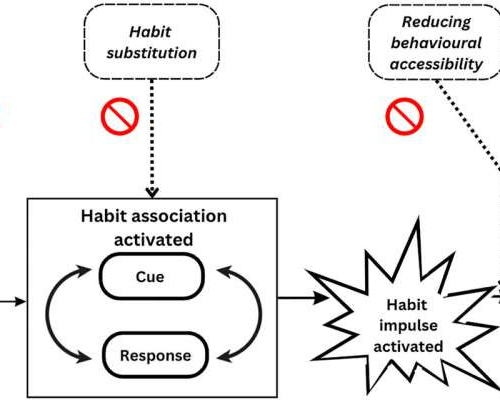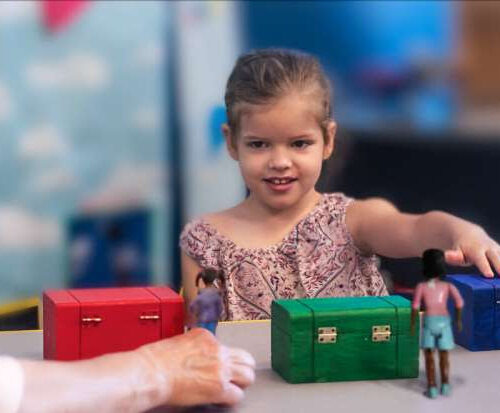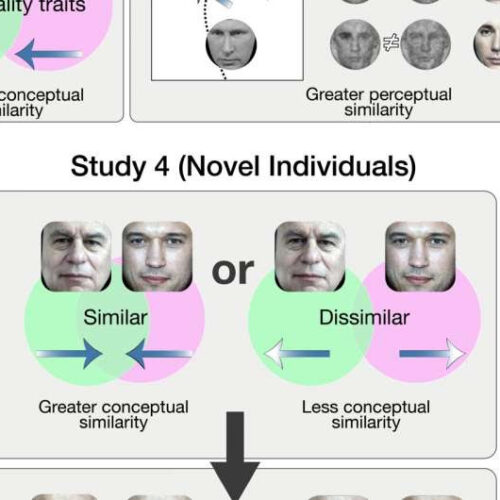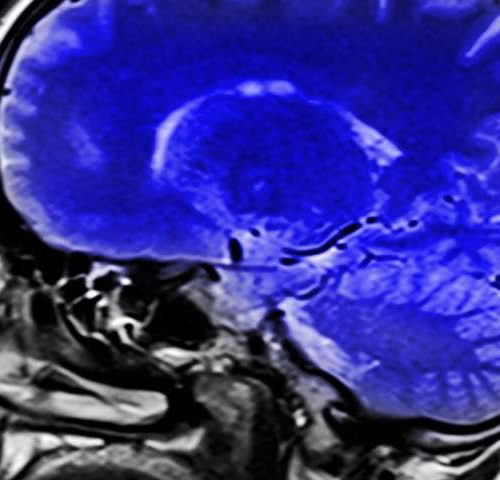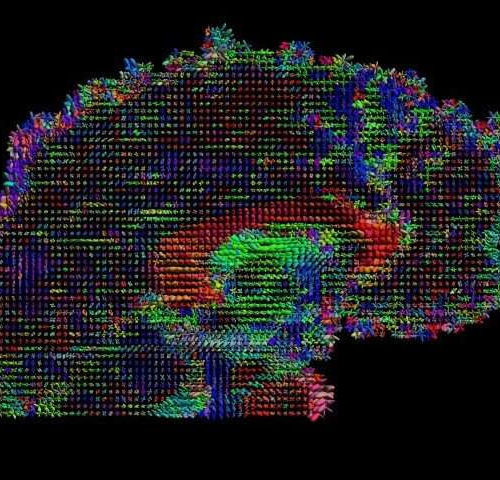by Association for Psychological Science Credit: Pixabay/CC0 Public Domain Exposure therapy, in which patients gradually face the things and situations they fear, is among the most effective treatments for anxiety disorders, yet it remains underutilized (Pittig, Kotter, & Hoyer, 2019). Some patients may find it too intimidating, while clinicians may struggle with the lack of control...
Tag: <span>psychology</span>
New study challenges ‘pop psychology’ myths about habits
JUNE 6, 2024 by University of Surrey Habit disruption mechanisms, mapped to the process through which habit translates into habitual behavior. Credit: Social and Personality Psychology Compass (2024). DOI: 10.1111/spc3.12975By ditching “pop psychology” myths about habits, we can better understand our habits and take more effective action, according to researchers at the University of Surrey....
Psychologists have traditionally focused on the past. What if that’s all wrong?
by Jolanta Burke, The Conversation “Tell me about your mother.” Credit: Syda Productions/Shutterstock For over a century, psychologists such as Sigmund Freud and Carl Rogers focused people’s attention on the past. And so when Mary struggles to maintain romantic relationships, she blames her past boyfriends for it. When Chris battles with addiction, he digs into his memories from childhood...
Research lets you meet (and treat) the voices in your head
Hearing critical and hostile voices in your head is a reality for many of us. But for those with schizophrenia or other psychotic disorders, these persistent hallucinations can be highly distressing and potentially life-threatening. New Swinburne research will test a promising new approach that recreates these voices as digital avatars using virtual reality technology, allowing...
Children do not understand concept of others having false beliefs until age 6 or 7
by Arizona State University A child decides whether Maxi will look for the chocolate bar in the blue, red or green box. When there are two possible locations of the chocolate bar, children can answer correctly without understanding how other people think. When there are more than two locations, children must understand how Maxi can have...
People look alike if we think they have similar personalities, new study finds
by New York University Knowledge of a person’s personality can warp the perception of a face’s identity and bias it toward alternate identities that are ostensibly unrelated. For example, if Vladimir Putin and Justin Bieber (above) have more similar personalities in your mind, then they visually appear more similar to you as well–as shown in the...
Study shows how auditory perception and motor processes work together
Reviewed by Emily Henderson, B.Sc. How do people coordinate their actions with the sounds they hear? This basic ability, which allows people to cross the street safely while hearing oncoming traffic, dance to new music or perform team events such as rowing, has puzzled cognitive neuroscientists for years. A new study led by researchers at...
Brain imaging expertise supports new discoveries on decision-making process
by Toby Leigh, University of Plymouth Research carried out by a University academic has shed new light on the fundamentals of how, and why, we make the decisions we do. In two separate studies, UKRI Future Leader Fellow and Lecturer in Psychology, Dr. Elsa Fouragnan has used her expertise in functional magnetic resonance imaging (fMRI)...
Smiling can trick your mind into being more positive, study finds
by University of South Australia Smiling can trick your mind into being more positive, study findsIllustration of the way a pen is held between the teeth in orderto induce a covert smile: (A) a frontal view and (B) a profile view. Credit: Daniela A´ lvarez, 2020). From Sinatra to Katy Perry, celebrities have long sung...
Brain thickness and connectivity, not just location, correlate with behavior
by Matt Swayne, Pennsylvania State University New techniques and technologies of big data are helping researchers better understand the brain. In this study, a Penn State team studied data from the Human Connectome Project to better understand the correlations between brain features, such as cortical thickness and connectivity, and various behaviors. Credit: David Shattuck and...

